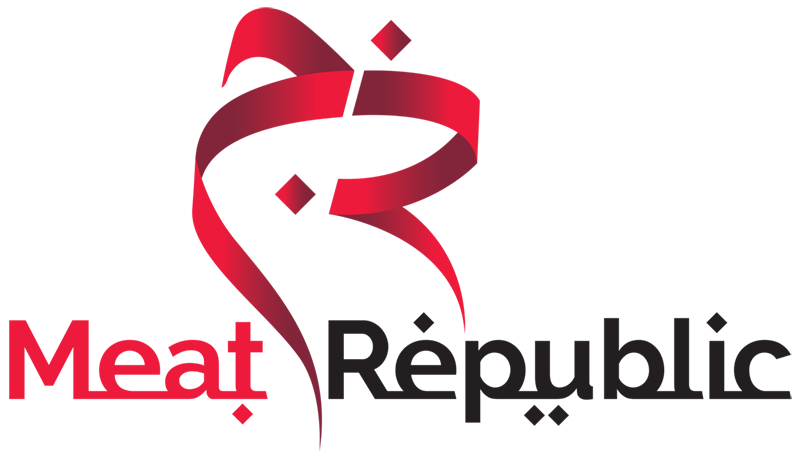Driven by an increasing Muslim population, rising awareness of halal practices among non-Muslim consumers, and the expansion of halal-certified products. Halal meat, prepared in accordance with Islamic law, adheres to strict standards of cleanliness, animal welfare, and ethical processing, making it a preferred choice for many consumers worldwide.
The global halal food market was valued at approximately $2 trillion, with halal meat constituting a substantial portion of this market. The demand for halal meat is particularly strong in regions with large Muslim populations, such as the Middle East, Southeast Asia, and parts of Africa, but is also growing in non-Muslim-majority countries due to the perceived quality and ethical considerations associated with halal products.
